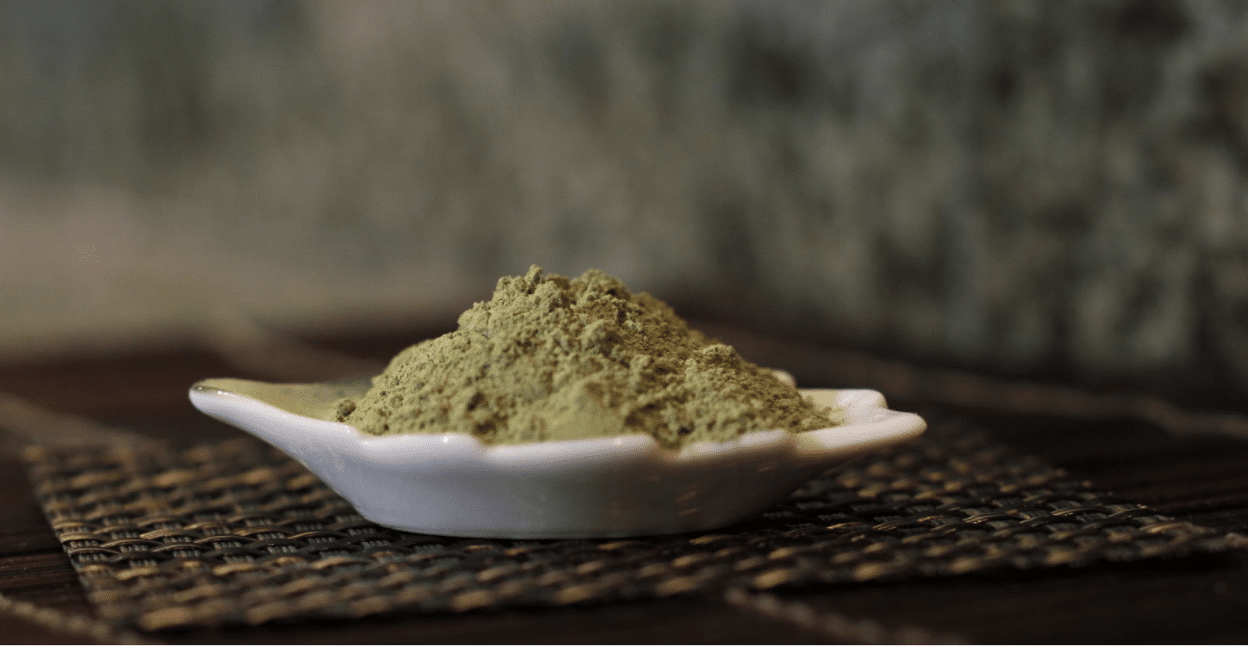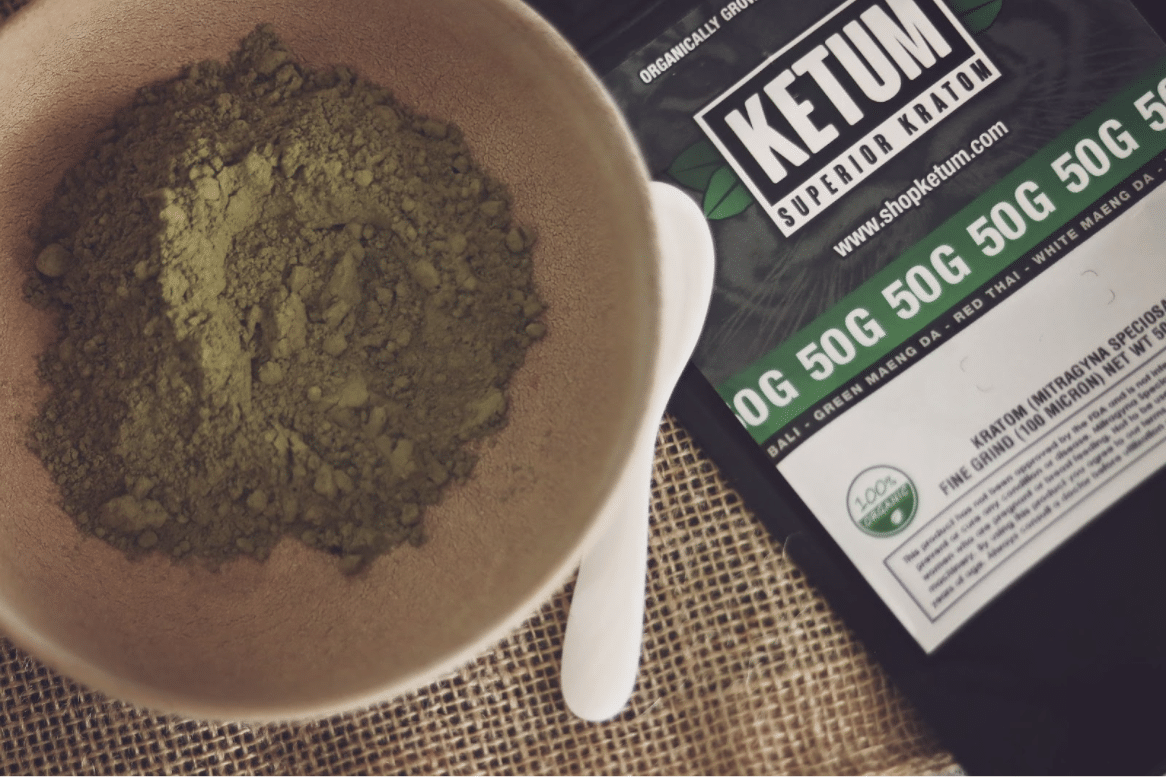Representative Donald M. Payne, Jr. issued an official statement on January 28, announcing his disapproval that not a single cannabis license, out of 56 licenses issued in New Jersey, was granted to Black-owned businesses.
New Jersey’s Cannabis Regulatory Commission (CRC) is the entity in charge of issuing any cannabis licenses, and the CRC has not issued one to any of the state’s Black business owners. The CRC started taking applications from adult-use cannabis growers, manufacturers and testing labs on December 15, 2021.
Medical cannabis has been legal in the state since 2012. Last year, New Jersey legalized marijuana for adult us, paving the way for retail sales. But in the 10 years of legalization, not one Black-owned cannabis business has been granted a license, according to the African American Chamber of Commerce of New Jersey.
“I am outraged to hear that Black-owned businesses have been shut out of the state’s cannabis marketplace,” said Rep. Donald M. Payne, Jr. “Black users are four times more likely to be arrested for marijuana possession than white users, even though overall use for both groups is almost the same. New Jersey has a chance to correct this inequality and allow people abused by the system to finally benefit from it with a fair distribution of cannabis business licenses. Instead, we are seeing the same inequality with these licenses that we see in marijuana arrests. Governor Phil Murphy promised that the state’s cannabis industry would right the wrongs of the past as it concerns social justice. Now, New Jersey needs to uphold this promise. I join the African American Chamber of Commerce of New Jersey in their outrage that this inequality continues to plague our state, our society, and our country.”
The African American Chamber of Commerce (AACCNJ) brought up the issue in the first place, saying that Black business owners were excluded from New Jersey’s cannabis business in a press release issued January 27.
“Our intent here is not to go back and forth with Governor Murphy and the CRC, but is to make a point,” Founder, President and CEO of the African American Chamber of Commerce of New Jersey, John E. Harmon, Sr., IOM told High Times. “I believe that we spent a lot of time establishing medical cannabis that dates back to 2009 with Governor Christie, and Governor Murphy has expanded it. In that length of time, somebody should have figured out the process. They knew—it’s well-documented—that Black and brown people had been severely penalized from this industry. So New Jersey has not put a policy in place like New York to include minority women. Had that policy been in place, the equity would have been clearly understood […]”
Harmon continued, “Without policy, you leave it to others to get in where they fit in. That doesn’t say much to the people who gave this administration 94 percent of the vote.”
“Based on conversations I’ve had, with stakeholders, out of the 56 licenses awarded to date, none has been awarded to a Black-owned business. People need to know what’s going on,” stated Harmon.
A specific CRC requirement, Harmon says, that license applicants maintain site control while the CRC considers their applications, is what’s keeping some Black entrepreneurs from participating in the industry. Applicants must have control of the real estate of operations. This means that many applicants are burdened with monthly lease payments which cannot be deducted as a business expense—given the federal status of cannabis.
Social justice is the backbone of dozens of state cannabis reform bills across the country. Governor Phil Murphy ushered in the creation of New Jersey’s cannabis industry in the name of social justice. “The clock is ticking,” Harmon said, mirroring what other state leaders are saying as well.
States around the country are touting social justice with provisions such as a social equity fund in New York, but walking the walk is another story.
Furthermore, getting New Jersey’s adult-use cannabis consumer market online may not meet a self-imposed deadline originally set for late February. Jeff Brown, the executive director of the CRC, said a number of factors are still in the way before sales can begin.
The post New Jersey Congressman Outraged that Not One Cannabis License Issued to Black-Owned Businesses appeared first on High Times.
source https://hightimes.com/news/new-jersey-congressman-outraged-that-not-one-cannabis-license-issued-to-black-owned-businesses/






